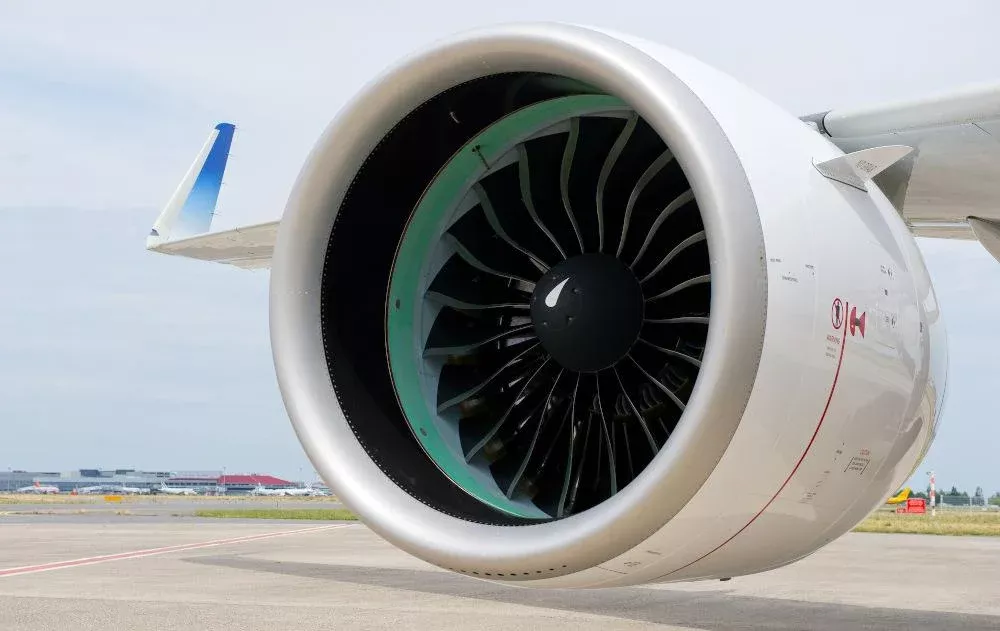
While Pratt & Whitney geared turbofan (GTF) inspections are causing a big headache for the OEM and airlines, others are seeking to capitalize on a window of opportunity.
One such company is Alice Springs, Australia-based Asia Pacific Aircraft Storage (APAS), which specializes in aircraft storage, part-out and maintenance services.
APAS is offering storage and maintenance services to operators of GTF-powered A320neo-family aircraft that are awaiting return of their engines from shop visits.
“The reality is there are limited spare PW1100 engines, and engine shop turn-times remain very challenging,” Tom Vincent, founder and managing director of APAS, tells Inside MRO. “Without access to spare engines and other management tools, we would suggest [Airbus] A320/321neo GTF aircraft are likely to be grounded for at least 12 months on a rolling basis. We believe the risk to that time extending is very high.”
APAS has already begun receiving A320neo aircraft into its program and has invested in relevant tooling such as engine transport stands and PW1100 bootstrap equipment. “All these items are in extremely high demand, most with nine-plus month lead times,” says Vincent.
He adds: “We are working with many other A320/321neo airlines and lessors and expect to see a considerable increase in A320/321neo GTF-powered aircraft delivered over the next 12 months.”
Last month, Aviation Week Network reported that A320neo-family groundings appeared to have peaked at 634 aircraft. Since then, Pratt has projected that wing-to-wing turnaround times are 250-300 days, which include shop turnaround times of 100-150 days.
Initial mandatory engine removals began last September and accelerated quickly through the end of that year, rapidly filling up GTF maintenance capacity, meaning that engines spend about a third of their total turnaround time off-wing and waiting to get into a shop.





